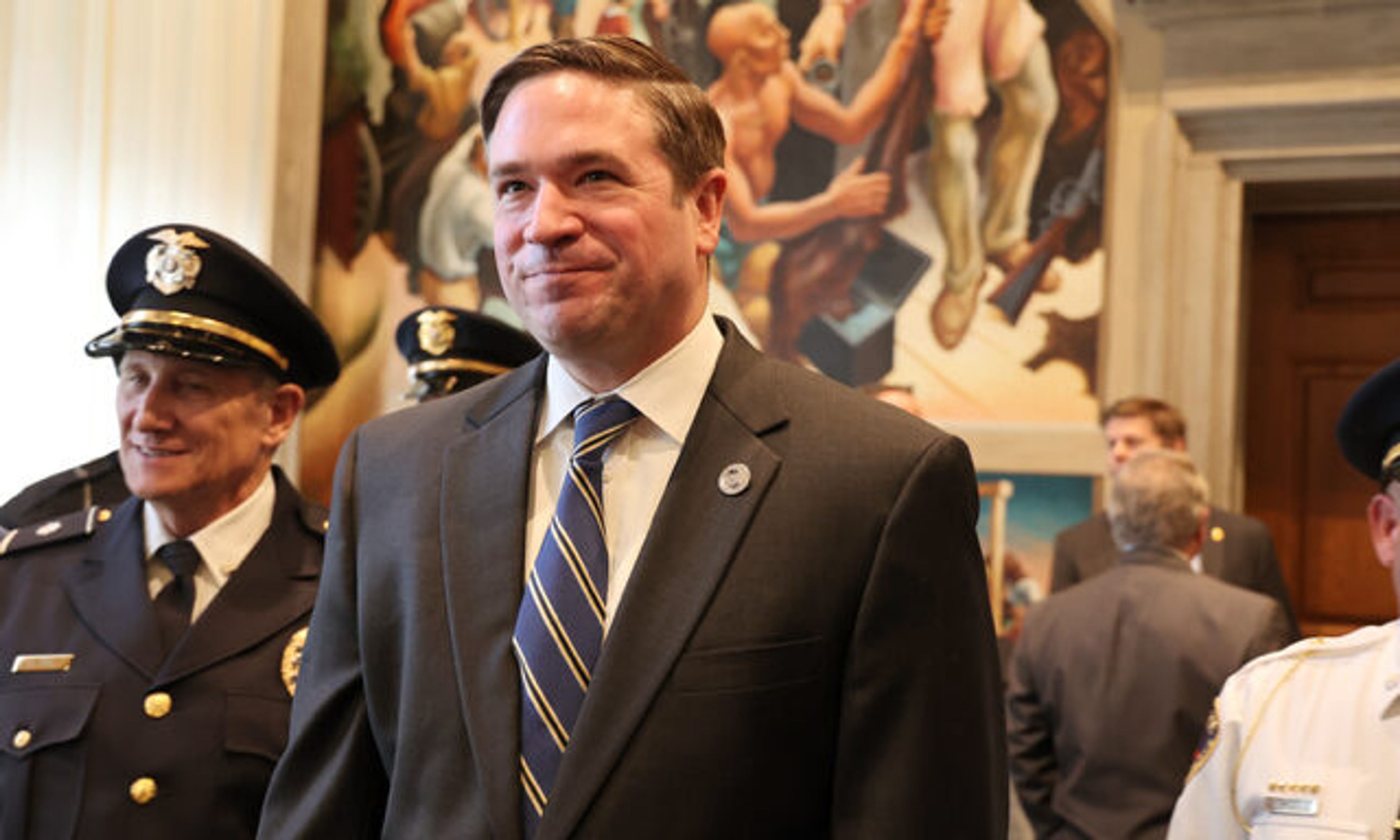Chernobyl nuclear accident registers 16th anniversary
KOROSTEN, Ukraine -- Ukrainian health officials expressed concern Thursday about an ever-increasing number of Chernobyl-related cancer cases, as the government pushed to start rebuilding on land contaminated with radiation. A nuclear reactor at the Chernobyl plant exploded in the world's worst atomic accident on April 26, 1986, and sent a radioactive cloud over much of Europe. The plant was closed permanently in 2000...
KOROSTEN, Ukraine -- Ukrainian health officials expressed concern Thursday about an ever-increasing number of Chernobyl-related cancer cases, as the government pushed to start rebuilding on land contaminated with radiation.
A nuclear reactor at the Chernobyl plant exploded in the world's worst atomic accident on April 26, 1986, and sent a radioactive cloud over much of Europe. The plant was closed permanently in 2000.
The Health Ministry said illnesses tied to the disaster, especially thyroid cancer, have risen constantly. Last year, 3,022 thyroid cancer cases were registered, compared with only 119 in 1986. More than 2,100 people under 18 at the time of the accident have undergone thyroid surgery over the past 16 years.
"Everybody has been definitely affected and the thyroid problem can affect everyone," said Oleksiy Zaiats, chief doctor of Korosten, a town of 65,000 about 62 miles west of Chernobyl.
Rebuilding plans
Health concerns shadow the government's plans to start rebuilding the territory around Chernobyl. All land within 18 miles of the plant was evacuated soon after the accident and has been closed to outsiders for years.
Redevelopment first was broached earlier this year when the United Nations urged refocusing of international aid on developing the Chernobyl infrastructure rather than on continued humanitarian aid.
Volodymyr Kholosha, an official in charge of the Chernobyl zone, said government plans include economic development and soil study and management.
He said the program should be approved by parliament this year.
However, Chernobyl victims' groups have expressed skepticism about redeveloping the isolated zone, stressing instead the individual needs of those affected by the disaster.
The accident affected 3.3 million Ukrainians, including 1.5 million children, and the government is behind in payments to victims by a total of $117 million.
The Interfax news agency said this year's budget calls for spending $396 million to help those affected by the disaster 16 years ago.
"When a person is poor and has nothing to eat, it's much more dangerous than a radiation overdose," Health Ministry official Iliya Likhtariov told a news conference in Kiev.
Connect with the Southeast Missourian Newsroom:
For corrections to this story or other insights for the editor, click here. To submit a letter to the editor, click here. To learn about the Southeast Missourian’s AI Policy, click here.








